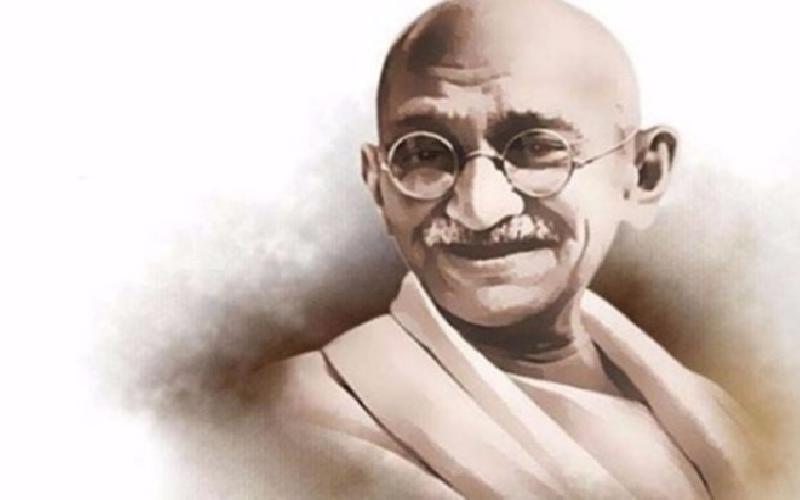Should Gandhi be called world's first social innovator?


An article on Gandhi and his teachings of truth, non-violence, and non-cooperation. How his movements like civil disobedience, non-cooperation and quit India impacted our fight against British rule.
I have hero-worshipped a lot of worthy people in public life since childhood but no one comes close to matching my admiration and love for Mahatma Gandhi. I remember the first time, I watched Attenborough's 'Gandhi' in 1983 at 'Pratibha' theatre in Lucknow, with my schoolmates. I was 8 and something about Gandhi stuck me there and I have carried it since. I still cannot identify what it is? That face and its radiance, mannerisms, way of speaking were beautifully enacted by Ben Kingsley in the movie.
Coming back to Gandhi, I read about him in History textbook when I grew up slightly older. I remember when I was 23 and going to Kolkatta for an interview, that I picked up 'The Story of My Experiments with Truth" to read. It just blew my mind.
I could not believe such a man existed who worked tirelessly for India's independence without seeking anything in return. It is a tale of a common man who became a saint by treading on the path of truth and non-violence. He seemed to me, a modern-day Lord Ram.
I call Gandhi the first 'Social Innovator" of the world. He applied all the existing virtues known to mankind by deploying it on a scale that the world had never seen. "Non-Violence" has been propagated in the world since time immemorial by Gods and Saints. Similarly, we are all taught to speak the "Truth" by our teachers and parents. "Non-Cooperation" is a simple mechanism to show dissent or oppose anything which we do not like.
Gandhi, first of all, realized the importance of these 3 virtues and applied it for his own catharsis. He famously said, "Be the change that you wish to see in the world." Subsequently, he envisioned how these experiments have to be devised in India's fight against the British. He had to be careful to ensure this entire thing did not backfire, else it would jeopardize freedom movement.
Once he was convinced, he launched "Non-Cooperation movement" in 1920, after the Jallianwala Bagh massacre. Gandhi asked masses to refuse to buy British goods and adopt the use of local handicrafts. It witnessed countrywide participation and aroused a feeling of patriotism and nationalism towards the country even to the remote corners of India and in all the urban areas too.
Gandhi coined the term "satyagraha" when he was in South Africa. It meant "insistence on truth". He used it in "Civil Disobedience movement" in 1930 to protest British monopoly on salt. Civil disobedience broke out all across India, involving millions of Indians. Gandhi was arrested on May 5, but the satyagraha continued without him.
All throughout his life, he fought for our independence, but he preached that this fight could only be won by non-violence. He employed various tactics like sit-ins, hunger strikes, blockades etc. as a means to protest English rule in India. He started "Quit India movement" in 1942, calling "Do or Die" in his speech. Though it was crushed by the British government, but it laid the foundation of our independence which happened on Aug 15, 1947.
People like Gandhi are born once in a thousand years. They come, they serve and they leave, without wanting anything for their own benefit. We call such people "Mahatma". I think the world needs to implement his teachings, to tackle terrorism, racism, falsehood, and other such evils plaguing our society.
Scholars of the renaissance era like Hobbs, Locke, Proudhon and Rousseau discussed social contract as an implied understanding between individuals for authorizing powers to the state. However, the social contract among humans precedes the state and has always been an underlying characteristic of human civilization, which was voluntary in nature.